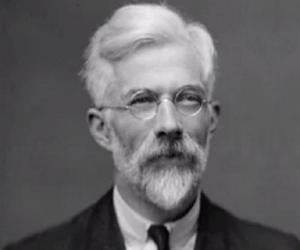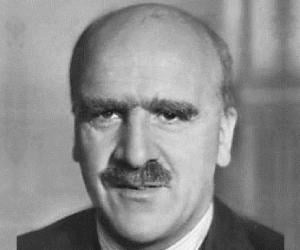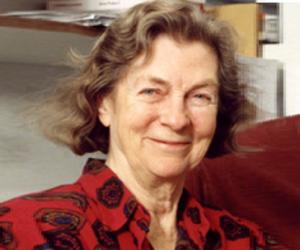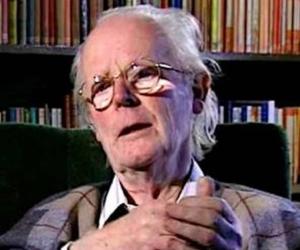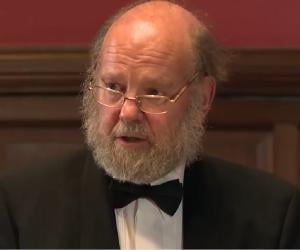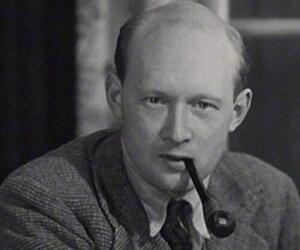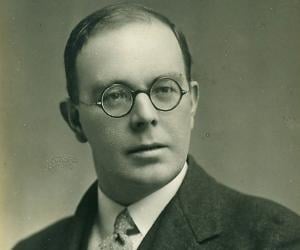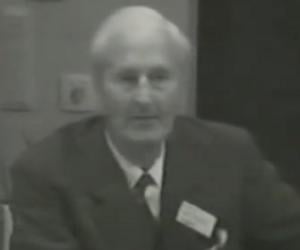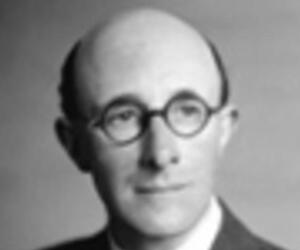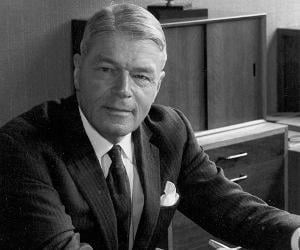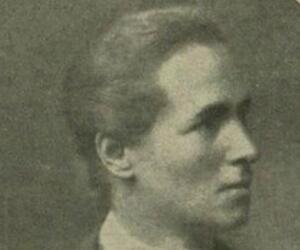1
Ronald Fisher
(Statistician)
Birthdate: February 17, 1890
Sun Sign: Aquarius
Birthplace: East Finchley, London, England
Died: July 29, 1962
Sir Ronald Aylmer Fisher was a British polymath known for his groundbreaking work in mathematics, statistics, biology, and genetics. He is considered a genius who laid the foundations for modern statistical science and made significant contributions to the fields of genetics, evolution, and quantitative genetics. Fisher's work on statistics, genetics, and population genetics has had a lasting impact on these disciplines. He is also recognized for his pioneering contributions to multivariate statistics, the design of experiments, and the development of the modern method of maximum likelihood.
